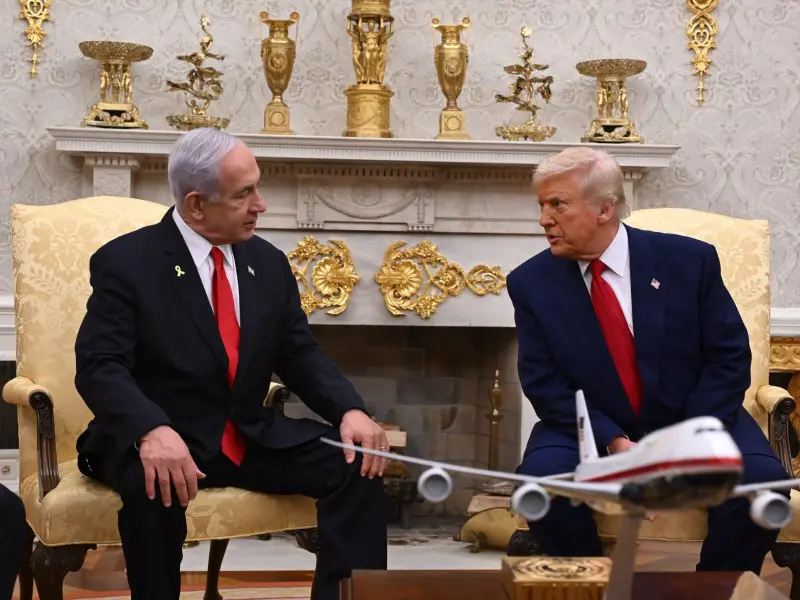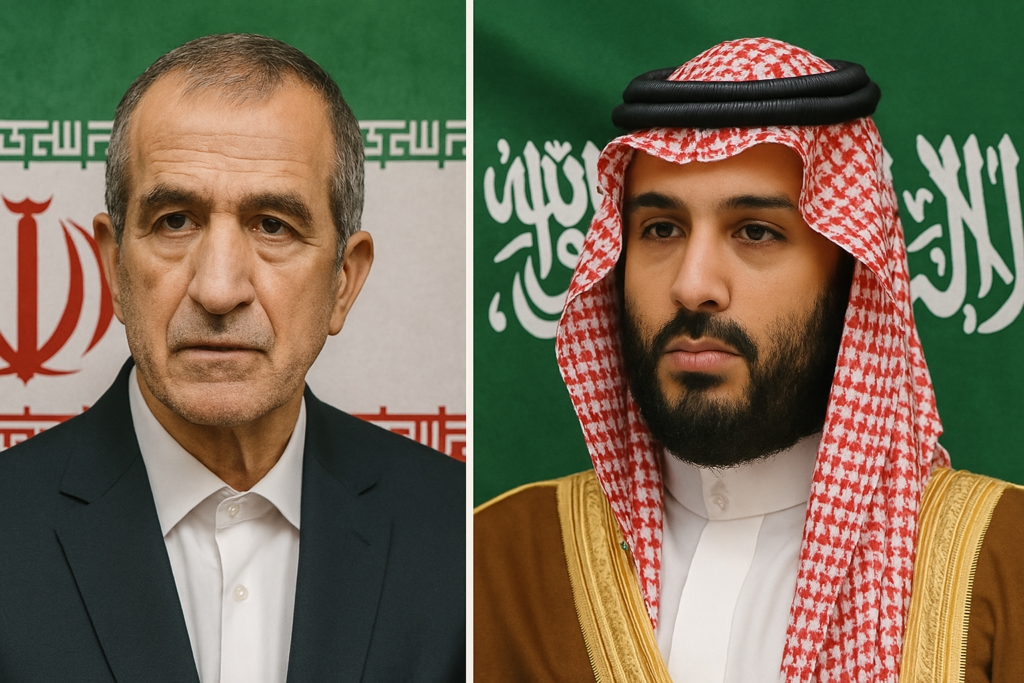In a move signaling Israel’s intensified focus on multi-front counterterrorism and national defense, Prime Minister Benjamin Netanyahu has appointed retired Navy Commander Maj. Gen. Eli Sharvit as the new director of Shin Bet, Israel’s internal security agency.
Sharvit, known for his strategic brilliance and calm under fire, previously served as Commander of the Israeli Navy from 2016 to 2021. Under his leadership, the Navy significantly enhanced its maritime defense systems, expanded its undersea capabilities, and bolstered Israel’s deterrence posture against Iran-backed threats from Gaza, Lebanon, and beyond.
A Strategic Appointment Amid a War for Survival
Sharvit’s appointment comes at a critical juncture in Israel’s ongoing war against Iran’s axis of terror, which includes Hamas in Gaza, Hezbollah in Lebanon, militias in Syria and Iraq, and the Houthis in Yemen. Since the October 7, 2023 massacre—the deadliest attack on the Jewish people since the Holocaust—Israel has been fighting a multi-front war not only to eliminate Hamas, but to dismantle Iran’s entire terror network across the region.
This war is not a conflict over territory—it is a battle for existence. Hamas, Hezbollah, and their Iranian masters do not seek peace or compromise. They seek destruction. The Shin Bet has been at the forefront of Israel’s domestic defense efforts, identifying terrorist cells, thwarting planned massacres, and uncovering Hamas collaborators within Israel, including agents embedded in NGOs, media organizations, and even schools.
Sharvit’s Role: From the Sea to the Shadows
Sharvit’s experience in maritime warfare and intelligence operations makes him uniquely suited to head Shin Bet at this hour. As commander of the Navy, he oversaw critical operations intercepting Iranian weapons shipments to Gaza and Lebanon. He also led efforts to secure Israel’s offshore natural gas platforms—strategic assets repeatedly targeted by Hezbollah and the Houthis.
Now, he will take his expertise to the security agency tasked with uncovering sleeper cells, preventing domestic terror attacks, and protecting Israeli civilians in Judea, Samaria, and the home front.
His appointment follows a series of aggressive operations by Shin Bet and the IDF in recent months, including the takedown of Hamas-affiliated terror rings in Judea and Samaria and the exposure of UNRWA and Al Jazeera employees who aided the October 7 invaders.
Leadership in an Era of No Margin for Error
Netanyahu’s choice sends a powerful message: Israel is not backing down. With Maj. Gen. Sharvit leading Shin Bet, Israel is reaffirming its commitment to total security, zero tolerance for terrorism, and a strategic, coordinated response to threats both internal and external.
In his new role, Sharvit will oversee intelligence coordination between Shin Bet, the Mossad, and the IDF, ensuring that Israel remains three steps ahead of the enemy. With Iran escalating attacks, and its proxies more emboldened than ever, Sharvit’s leadership will be crucial in preempting new massacres, stopping rocket attacks before they’re launched, and breaking the back of terrorist infrastructure inside Israel and in the West Bank.
As the war rages on, and while hostages remain in Gaza suffering under unspeakable conditions, Israel needs bold, experienced, and morally clear-headed leaders at every level of defense. Eli Sharvit brings all of that—and more.
In appointing him, Netanyahu has once again prioritized experience, strength, and unyielding resolve. The enemies of Israel are on notice: the Jewish state is not only defending itself—it is winning. And with Sharvit at the helm of Shin Bet, Israel’s internal shield just became sharper than ever.



